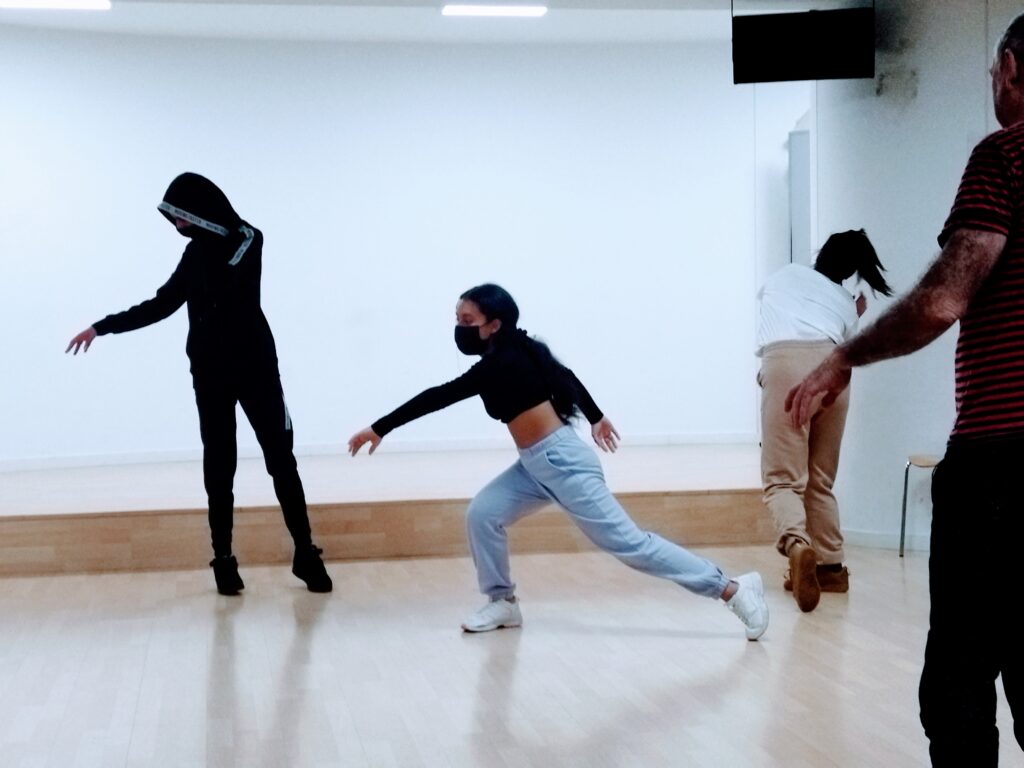
Strange Fruits
Strange Fruits
Celebrating ten years of PI(È)CE project
PI(È)CE / Tantarantana Theatre
Première: 30/06, 1, 2, 3/07/2022
Strange fruits is an interdisciplinary stage work, which amalgamates dance, music, textuality, work with objects and technology applied to the stage. The piece contains three innovative dimensions: interdisciplinarity, transcollectivity and continuous artistic research. Interdisciplinarity, on which it is based, emphasizes the interrelations between scenic languages. Transcollectivity comes about through the fact that it is no longer a project aimed at a certain collective with certain identity traits, but a project that, precisely, questions at its root this stigmatising identification of individuals with certain – often wounded – traits, it questions the fetishism of the wound, whether due to social or economic condition, that shapes an identity – the fact of being a migrant, of being a grandmother, of being a migrant adolescent, of being a woman, of being gay – and generates a performative space to experiment and question, to transgress these identity reductions. Thus, in Pi(È)CE, we meet people of all ages (from eleven to eighty-seven years old), from many different countries, up to 27, with different languages, cultures and beliefs, with different positions on our gender identity, with different economic and social situations, and even with different statuses of rootedness in the territory. And we continually play at destabilizing these categories. Ongoing artistic research is carried out around the investigation of the relationship between word and movement.

Directions and choreography Constanza Brnčić
Dramaturgy: Albert Tola
Músic: Nuno Rebelo
Light design: Constanza Brnčić
Assitant of direction:
Beatriz González Magadán

SINOPSIS:
Strange fruit is PI(È)CE’s new project to celebrate its tenth birthday. It brings together children, older people from the Raval neighborhood of Barcelona, young migrants and refugees. Starting from the notion of nomadism, we consider how these new forms of contemporary nomadism are linked to economic drifts, climate change and the pandemic and post pandemic situation. At the same time, we ask ourselves more intimately about our nomadic condition in everyday life: what is the experience of this fluidity, of this lack of fixed references, of stable jobs, of lasting relationships, of tourist trips, of infinite cybernetic drift. How does this nomadism affect our sense of identity, at the national, but also at the European level? Is there an old Europe and a new Europe? Can we still speak of a European identity? Despite its apparent modification by the pandemic, how can this nomadic condition constitute an opportunity for change and liberation, or, on the contrary, become a new form of oppression? These questions form the river along which we will let ourselves be carried, in order to bring to the surface a poetic dimension that is linked to sensations, perceptions and associations that our body – endowed with memory and exercising imagination – makes visible, audible and palpable.

